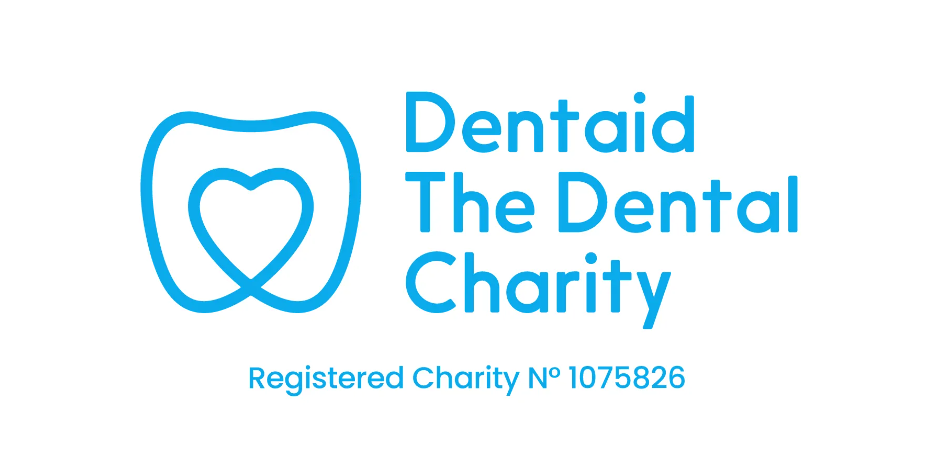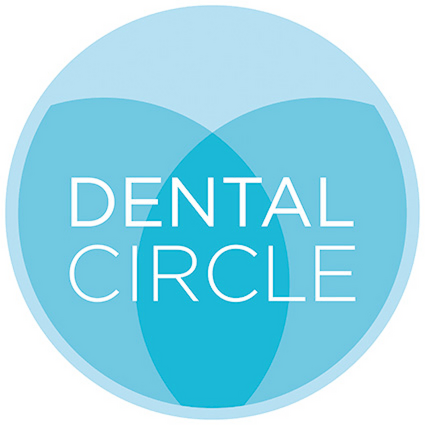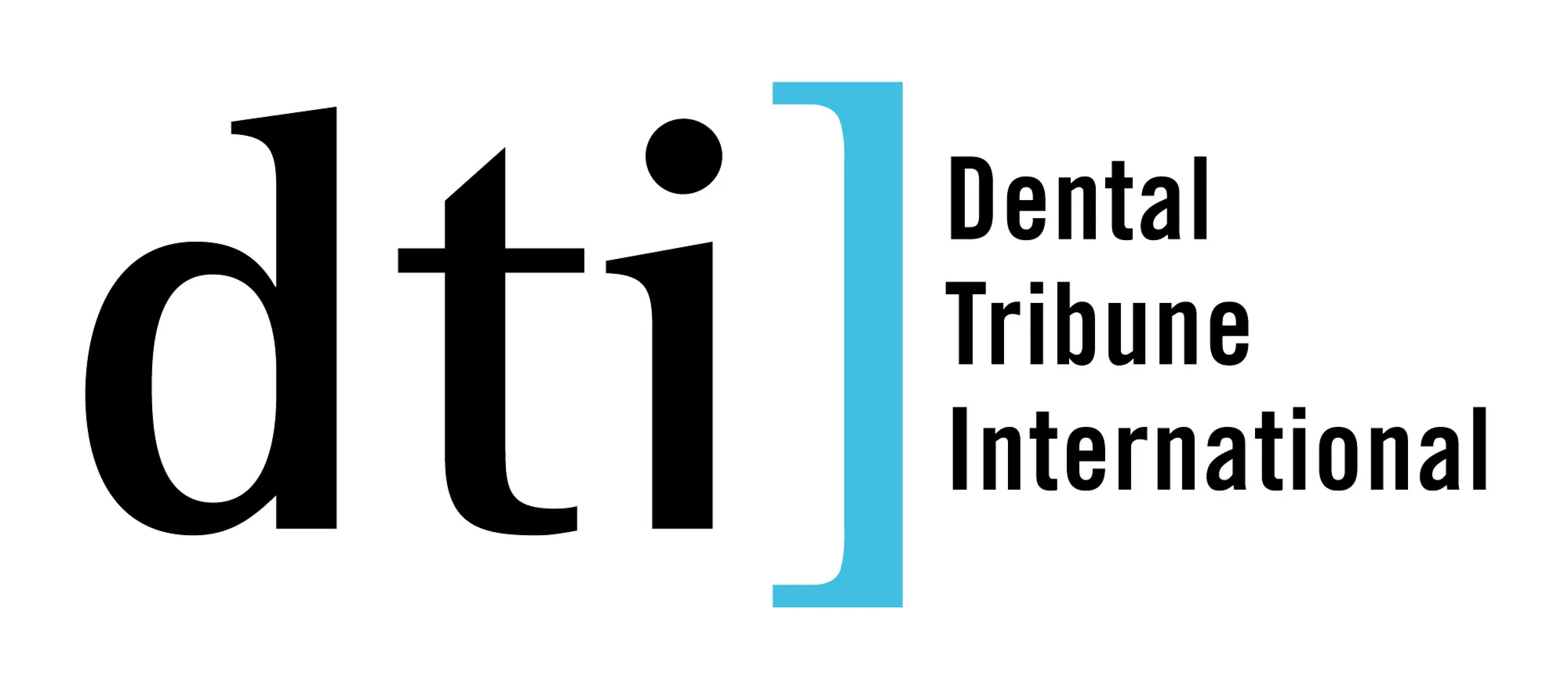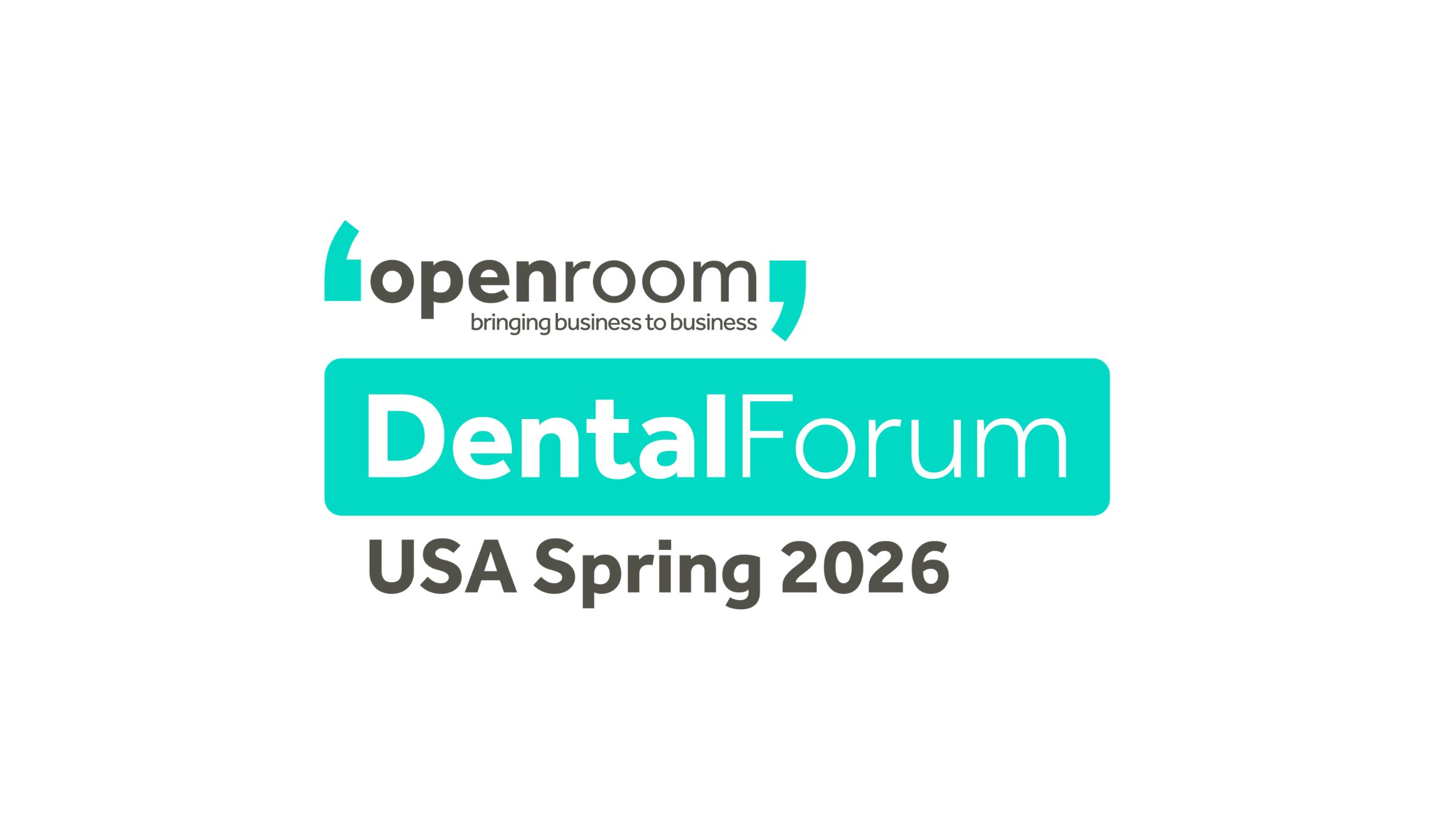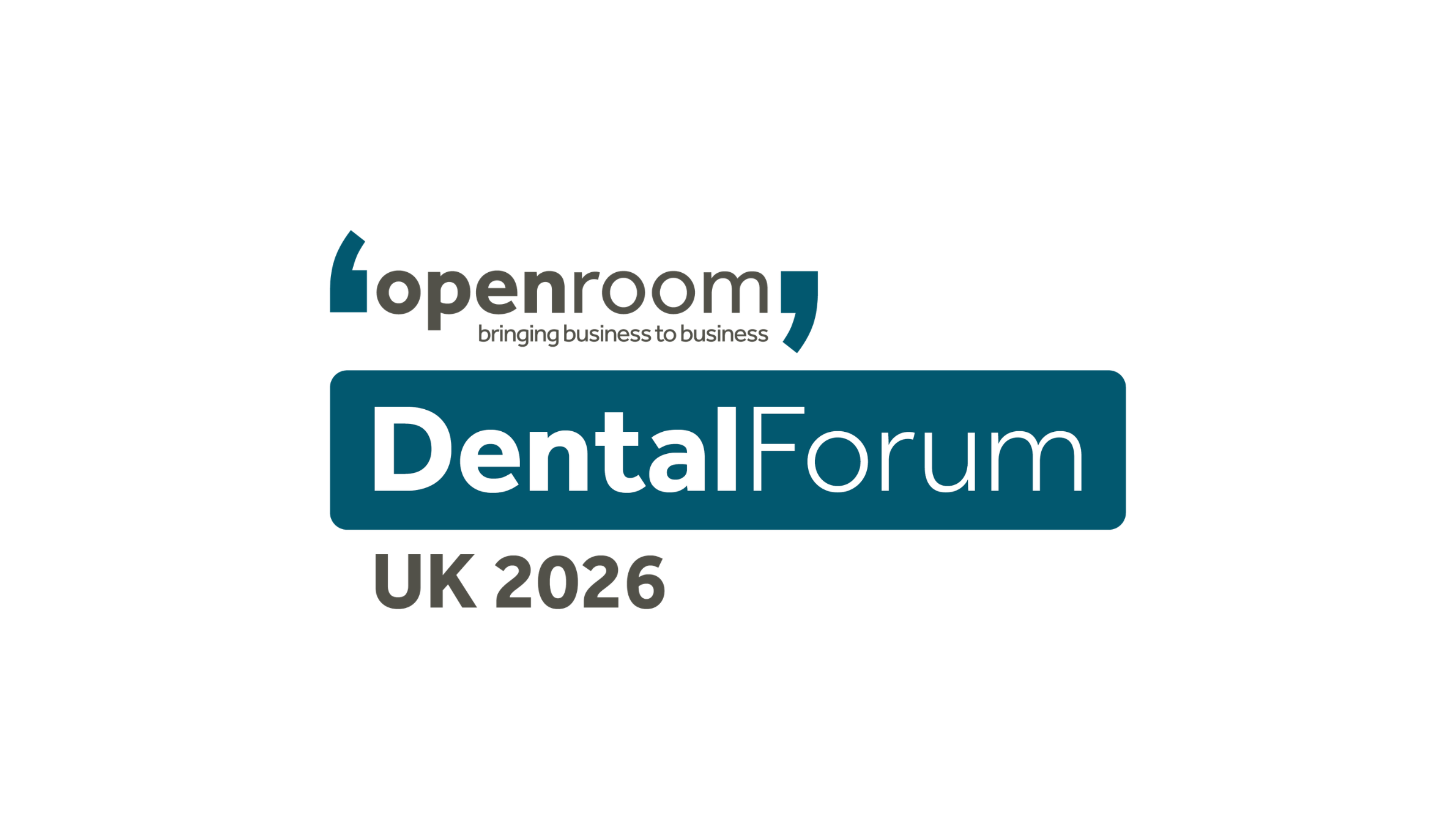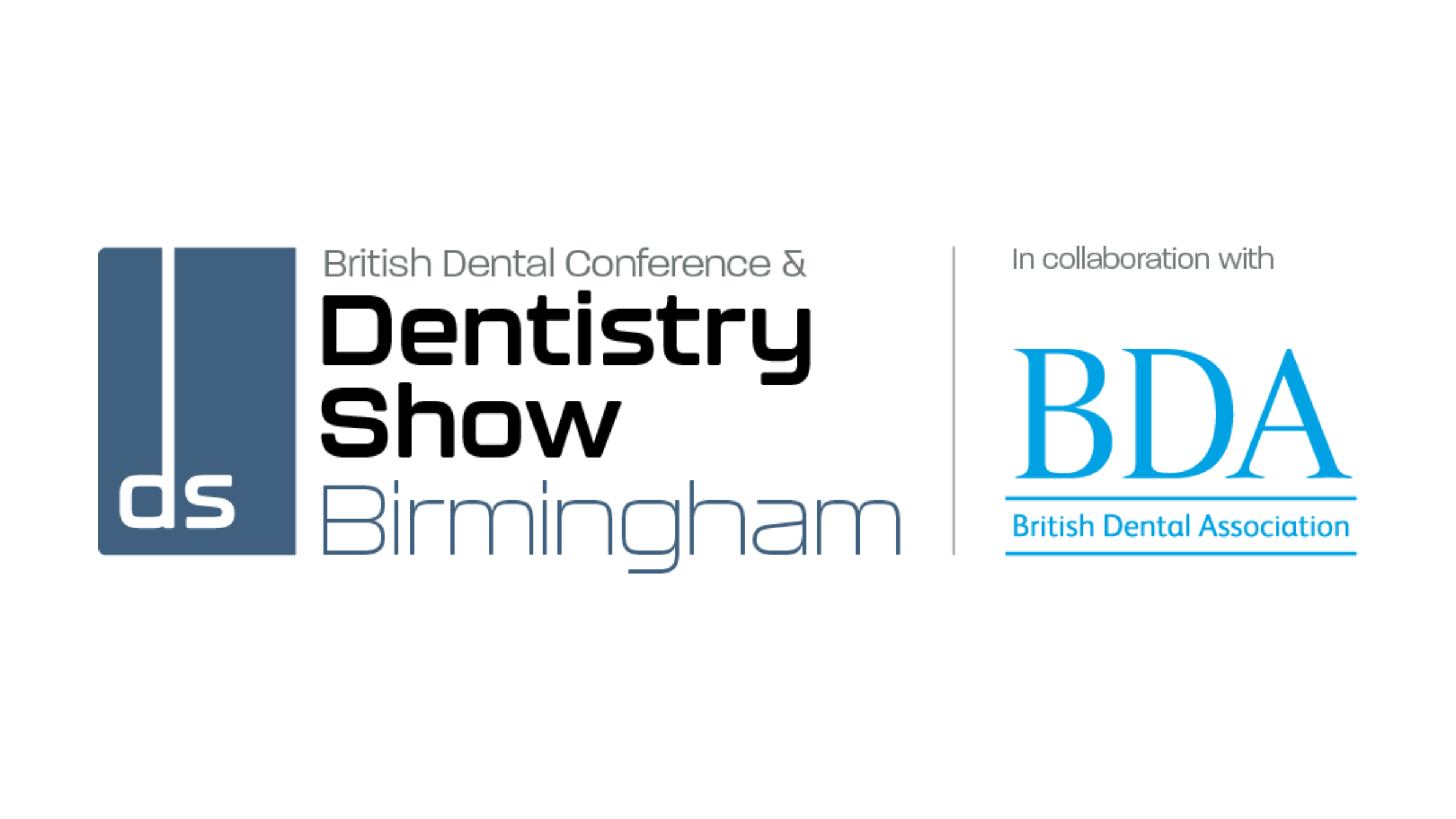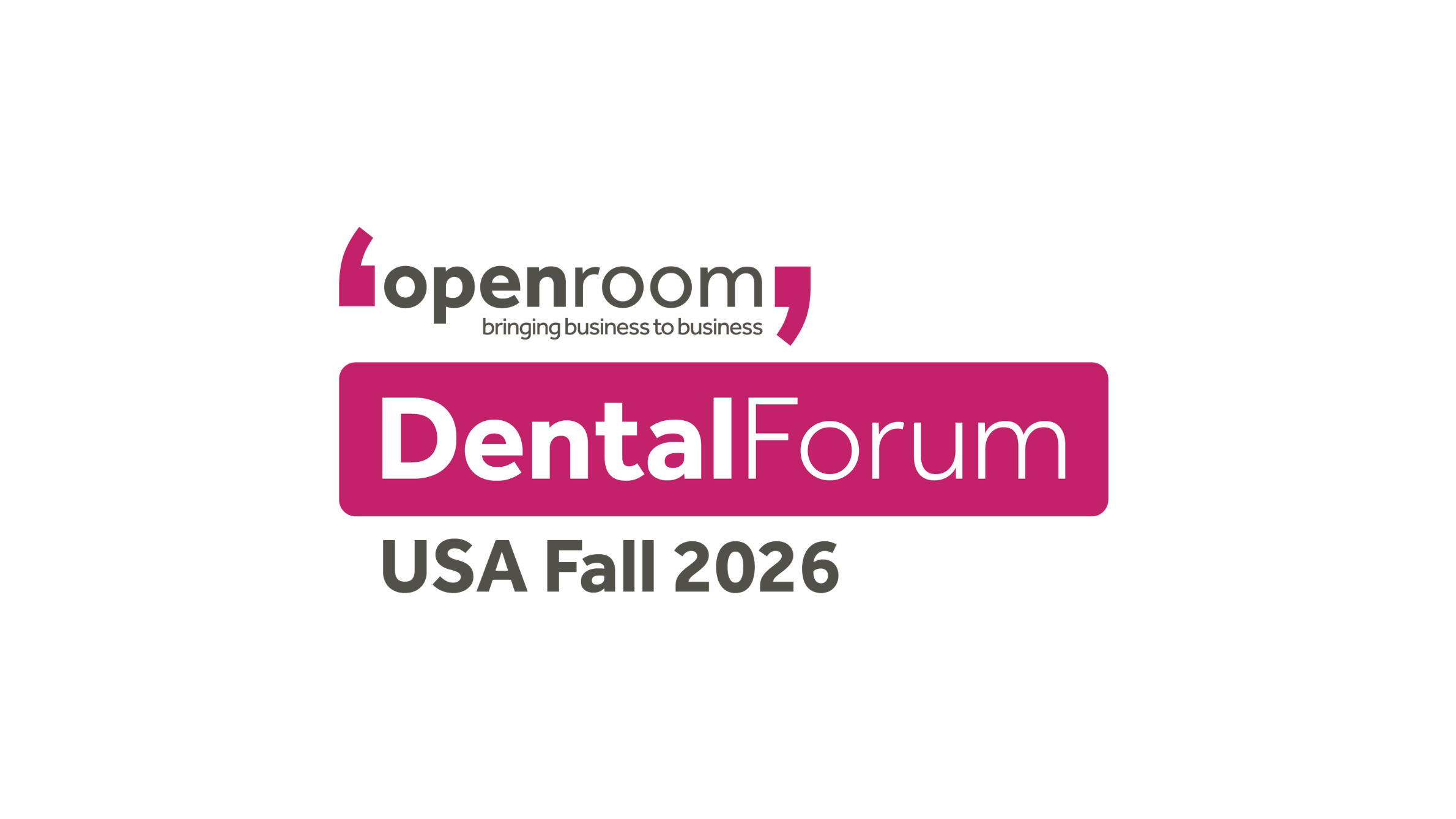Safeguarding in dentistry: Q&A with Preetee Hylton
)
Safeguarding is a crucial area of practice that the whole dental team needs to be aware of. Dental professionals are uniquely positioned to be able to identify abuse or neglect in their patients, and must be familiar with the signs and proper referral processes.
Preetee Hylton, Dental Nurse, Safeguarding Lead and President-Elect of the British Association of Dental Nurses, is passionate about raising awareness of signs of abuse and educating dental professionals on safeguarding practices. Preetee will be giving an update on safeguarding at this year’s British Dental Conference & Dentistry Show, and we caught up with her ahead of the show to find out more. See what she had to say below.
You’ll be giving a presentation at this year’s British Dental Conference & Dentistry Show about safeguarding in general dental practice. What responsibility do dental professionals have when it comes to safeguarding?
Dental professionals play a huge role in promoting the safety and wellbeing of their patients. Safeguarding in dentistry involves preventing, identifying, and addressing possible risks of harm, abuse or neglect.
Prevention is a vital part of safeguarding, and dental professionals should be providing their patients with clear information about abuse indicators and avenues for seeking help.
It’s also important to consider proportionality to ensure that responses to safeguarding concerns align with the level of risk, involving dental professionals only as much as necessary.
Protection is essential, and dental professionals should feel able to offer support and representation to vulnerable patients. Establishing connections within local communities is important for prevention and early detection, and there also needs to be transparency and understanding of everybody’s role in the safeguarding process.
Overall, dental professionals play a crucial role in creating a safe and secure environment that prioritises the wellbeing and safety of our patients through comprehensive safeguarding practices and policies.
What aspects of safeguarding will you be covering during your lecture and what do you hope that delegates will take away from the session?
My presentation will address various categories of abuse, focusing on how dental professionals can identify common signs and symptoms in children, young people, and vulnerable adults, along with associated risk factors known to exacerbate abuse. Additionally, I will discuss the implementation of the British Dental Association's ‘Was not brought’ safeguarding guidance for children who miss appointments.
The key steps highlighted in the presentation will include staff training, effective communication, development of safeguarding policies and procedures, a meticulous safer recruitment process, addressing confidentiality issues, and collaboration with local safeguarding authorities.
My aim is for delegates to gain valuable insights into effective safeguarding in dentistry, enabling them to share this knowledge with their teams. I hope the presentation will inspire the implementation of more robust safeguarding policies, ultimately ensuring the safety of our patients.
Are there any useful resources on safeguarding practices that you would recommend for dental professionals?
My primary resource is the ‘Safeguarding in general dental practice: A toolkit for dental teams[1]’ document from Public Health England. Additionally, I frequently refer to the safeguarding section of the British Dental Association's website, where various customisable templates are available for practices[2]. These tools not only provide comprehensive guidance but also offer practical templates that practices can tailor to their specific needs.
You’ve also recently been appointed as President-Elect of the BADN. How do you feel about taking on this responsibility and what plans do you have for your presidency?
Taking on the role of the BADN’s President-Elect comes with significant responsibility, and I'm acutely aware of the substantial role ahead of me.
As I continue my role as a full-time dental nurse, the need to boost the profile of dental nurses and increase awareness in the dental community and general public around the vital contribution of dental nurses is a key priority for me.
Embracing this phase as a ‘president-in-training’ is not just a responsibility but a valuable learning experience. It provides an opportunity to enhance my service to our profession, advocating for the rightful recognition and respect dental nurses deserve, while also championing their well-being and growth in the dental industry. I am grateful for the unwavering support and guidance I receive from the BADN executive members, and I am fortunate to be part of a robust community of dental professionals.
What are you looking forward to about attending the British Dental Conference & Dentistry Show this year?
Firstly, I am excited to have been given the opportunity to speak at the British Dental Conference & Dentistry Show once again. This year, I will be speaking about safeguarding in dentistry on behalf of the College of General Dentistry. I look forward to networking with my fellow dental professionals, exchanging ideas, and building connections within the dental community. It's also a chance to explore new products, technologies, and services showcased by exhibitors on behalf of my clinician, which could possibly enhance the quality of care that my team and I provide. Overall, I anticipate an enriching experience that will contribute to my professional growth and development as a dental professional.
[1] https://assets.publishing.service.gov.uk/media/5ca3290fe5274a77d83689bd/Guidance_for_Safeguarding_in_GDP.pdf
[2] https://www.bda.org/advice/patient-care-and-safety/safeguarding/


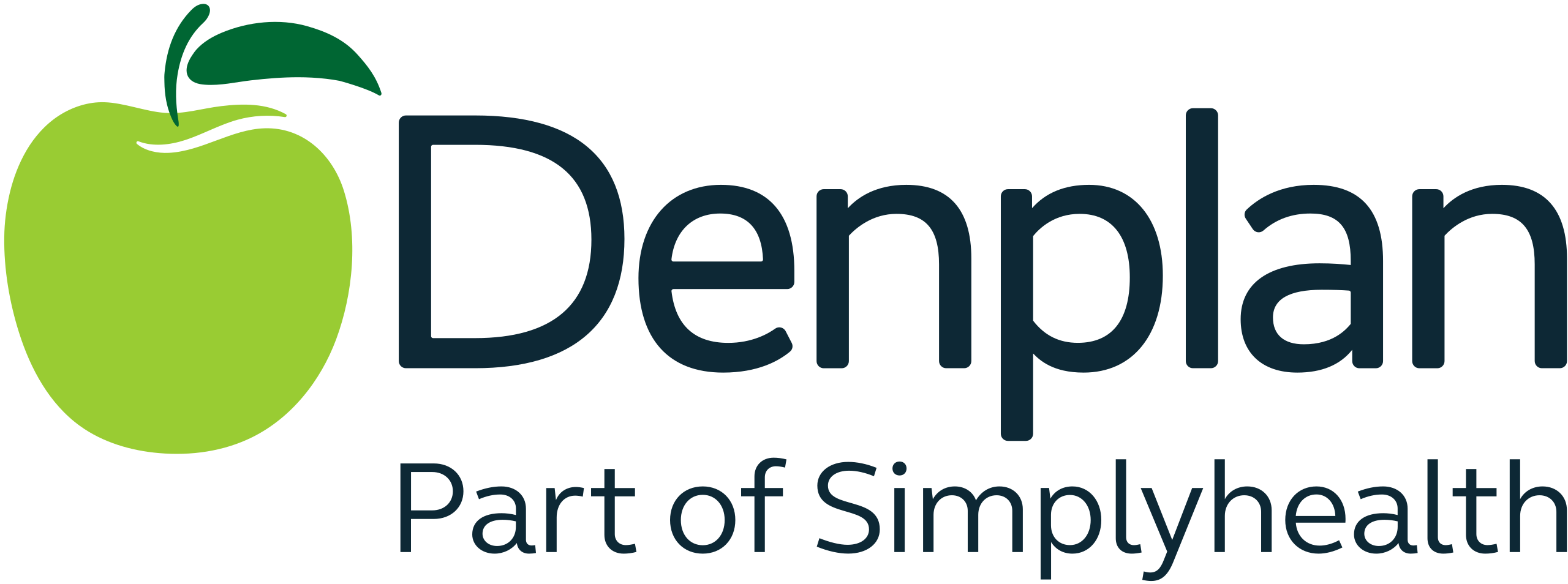
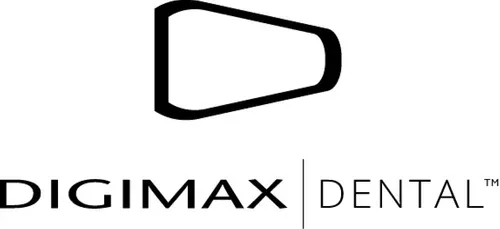


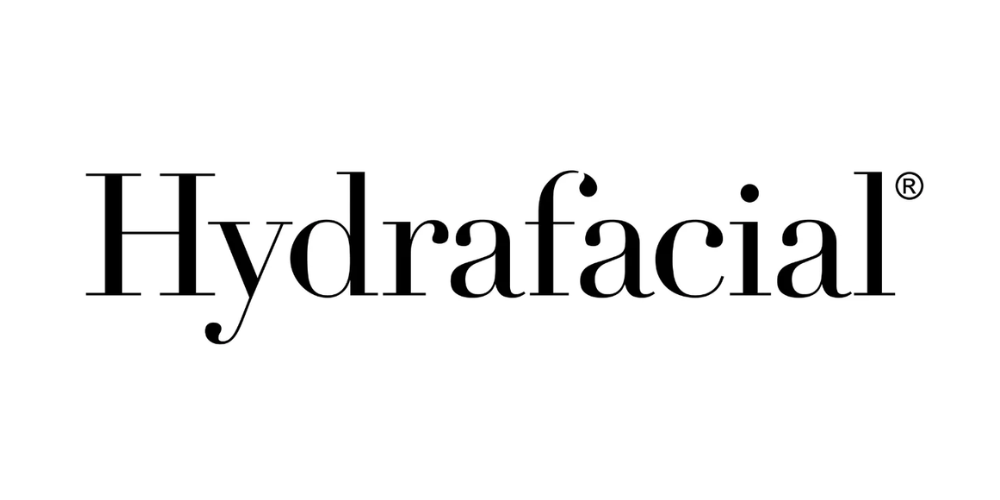
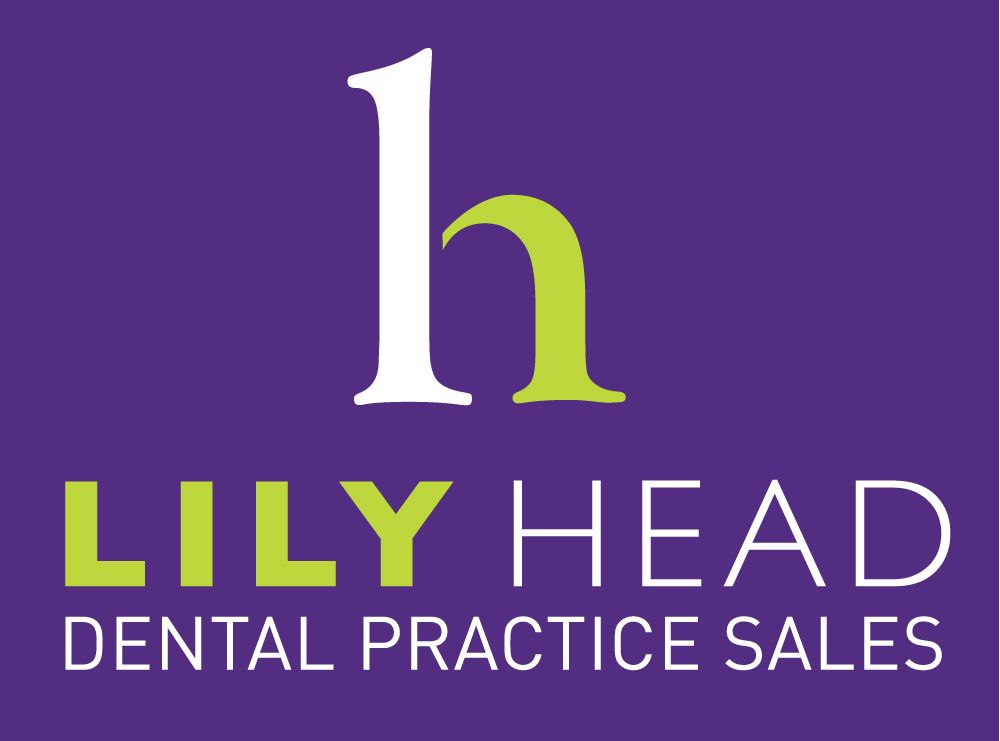







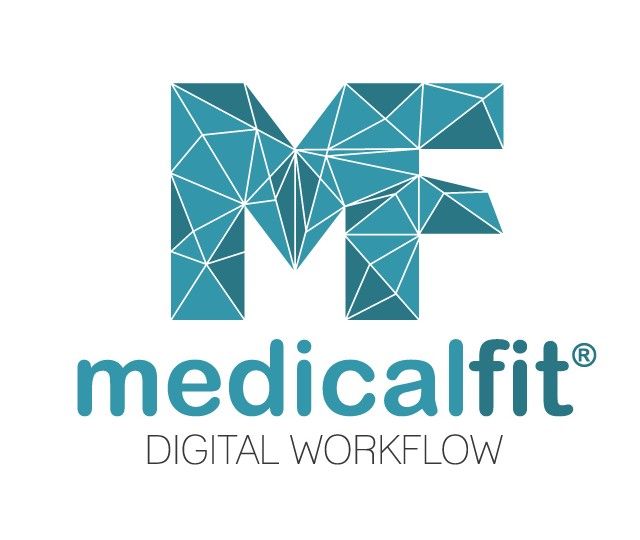


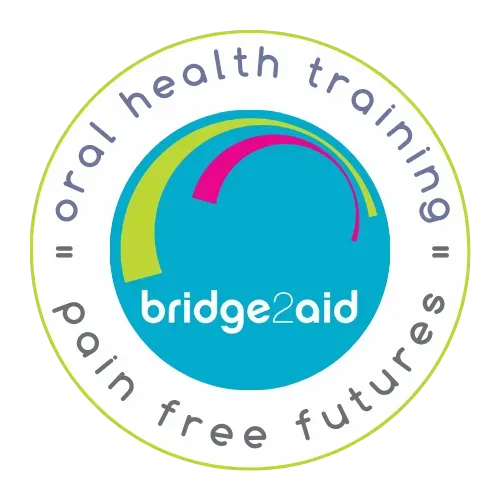
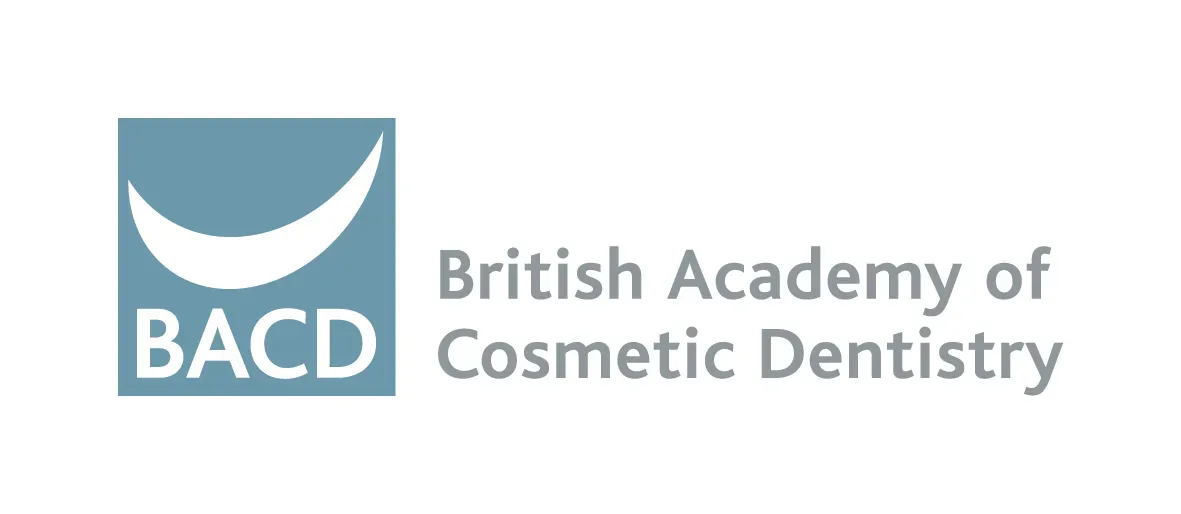
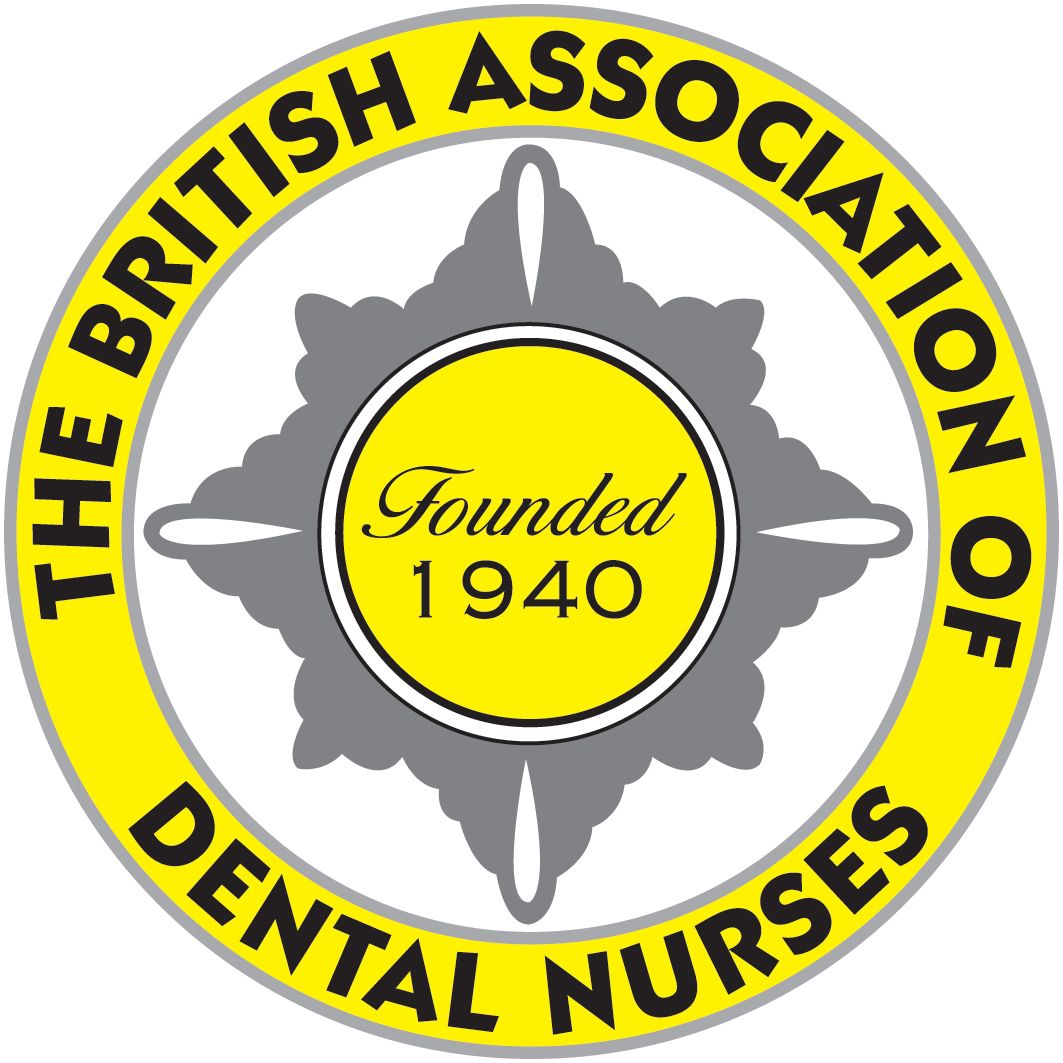
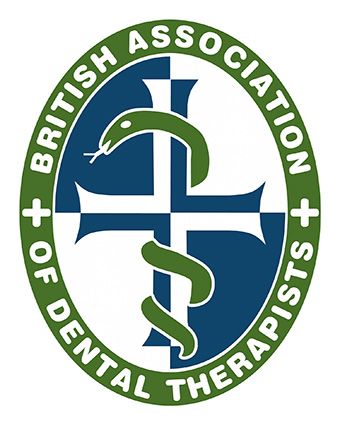
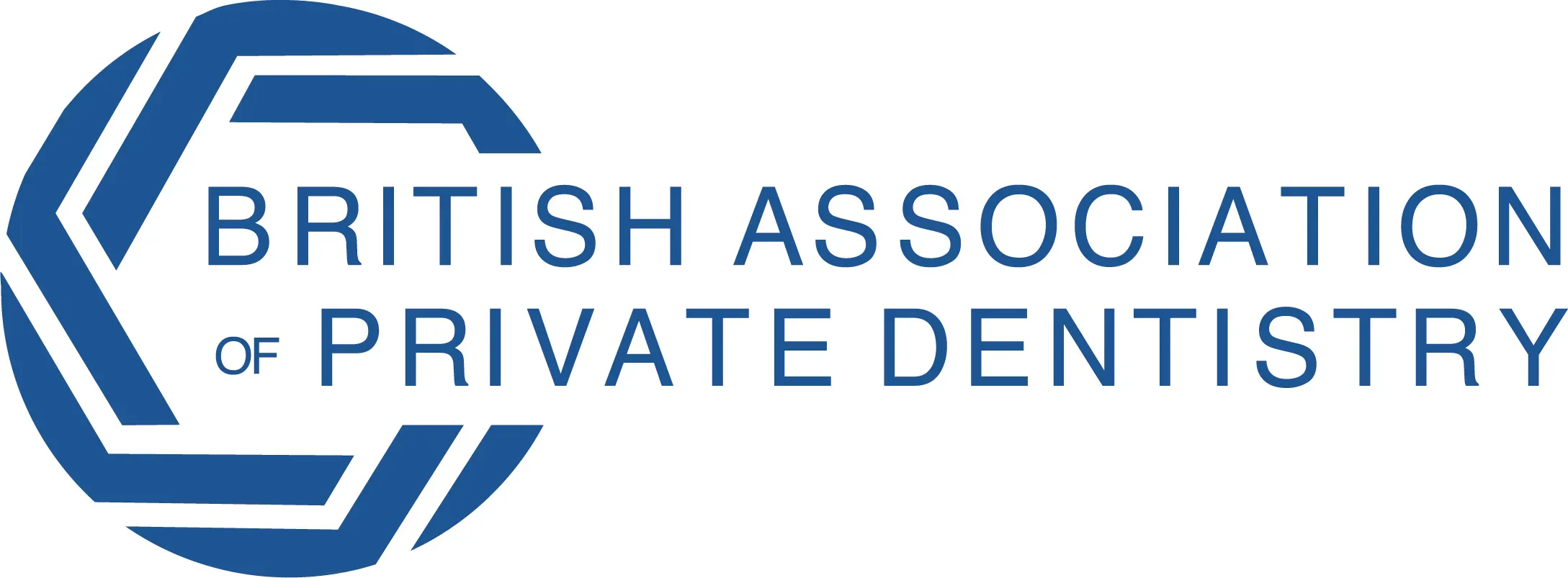
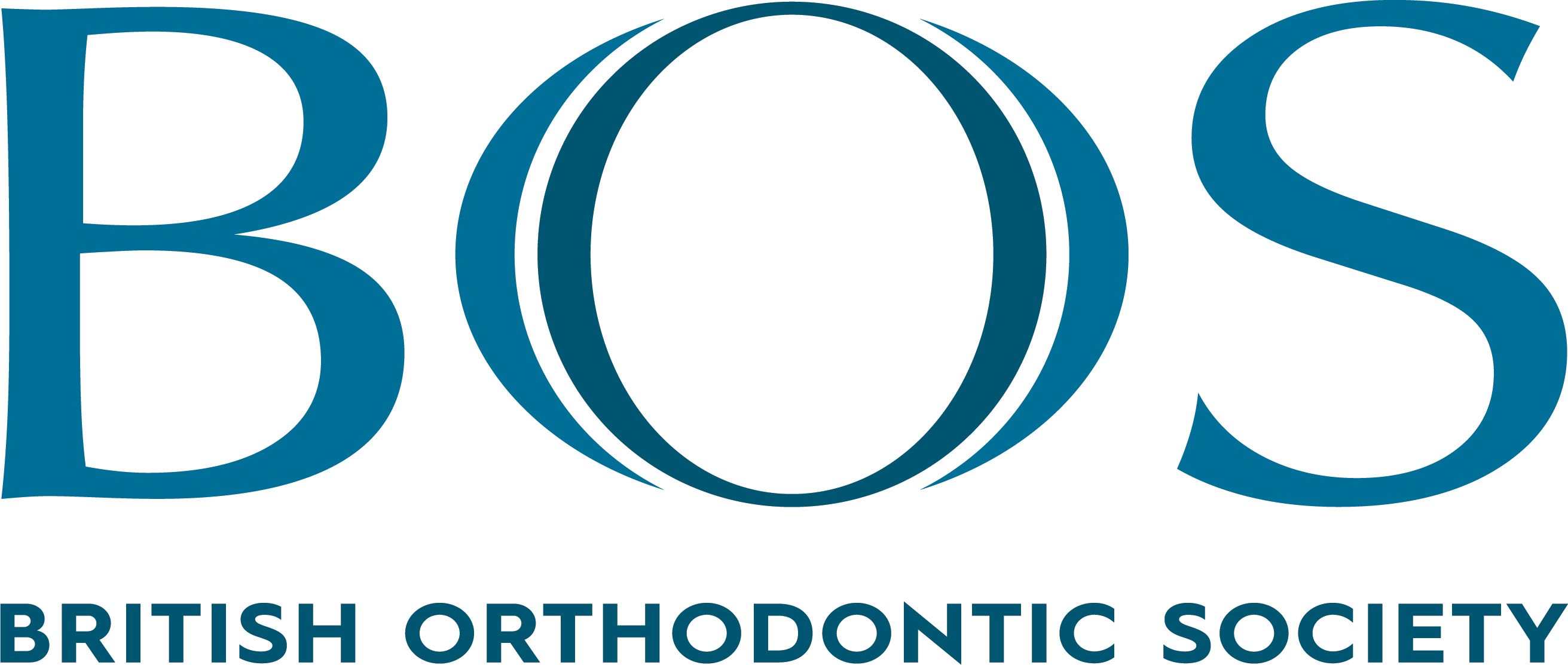
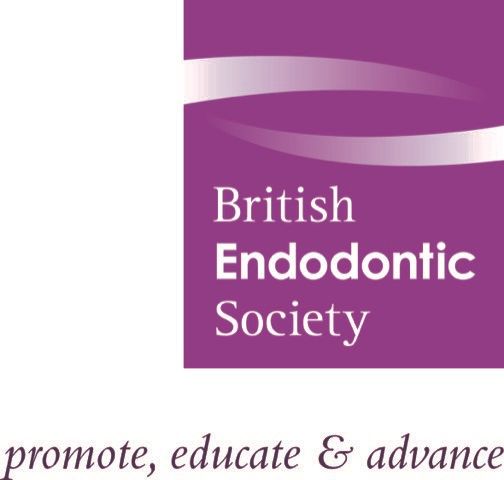
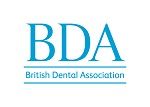


.png)
